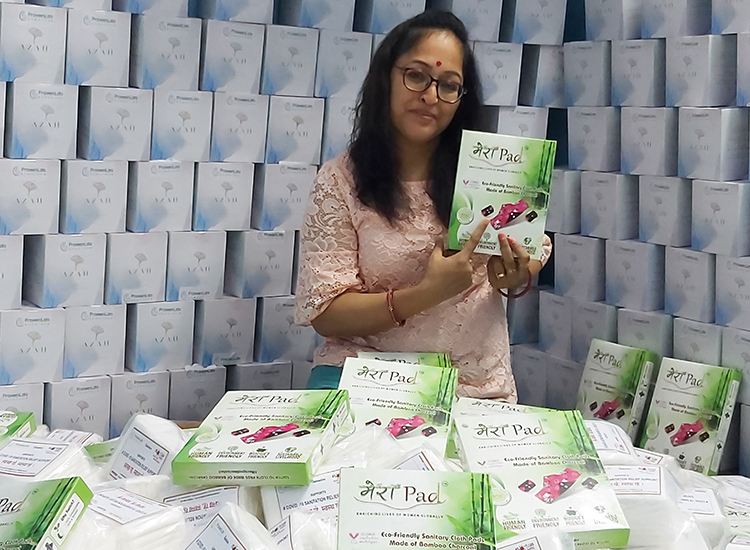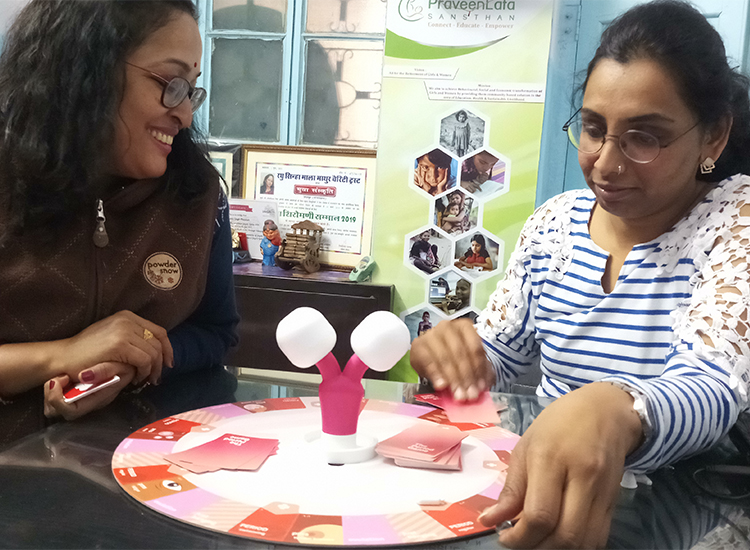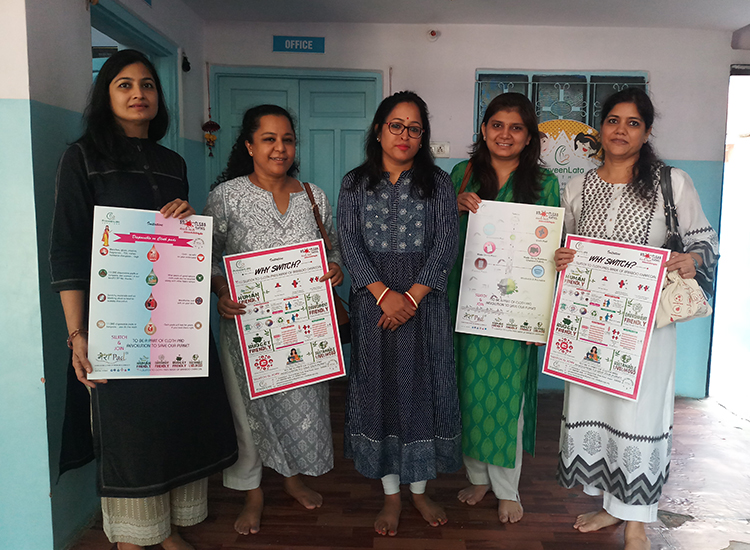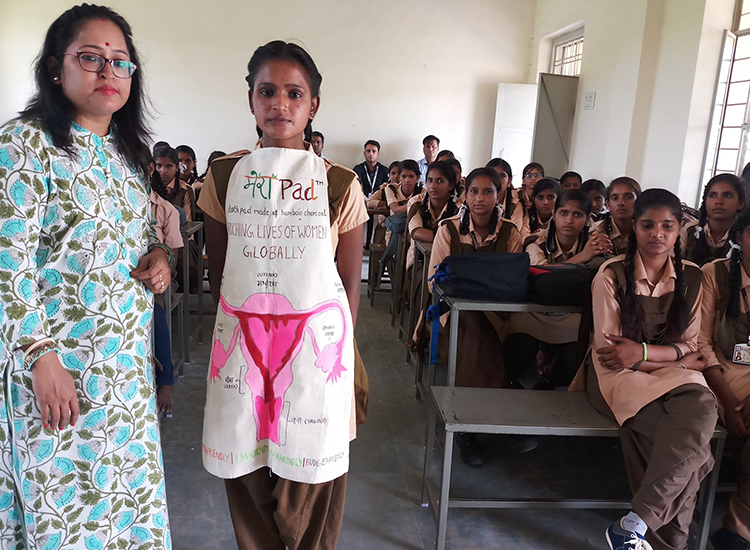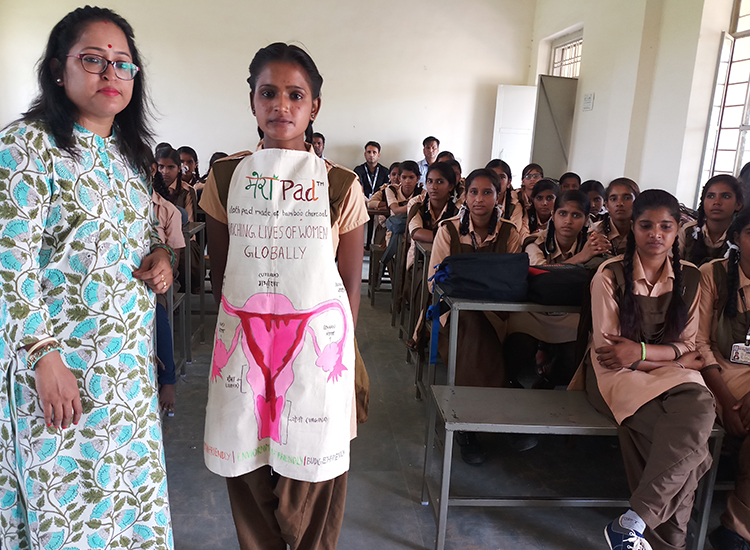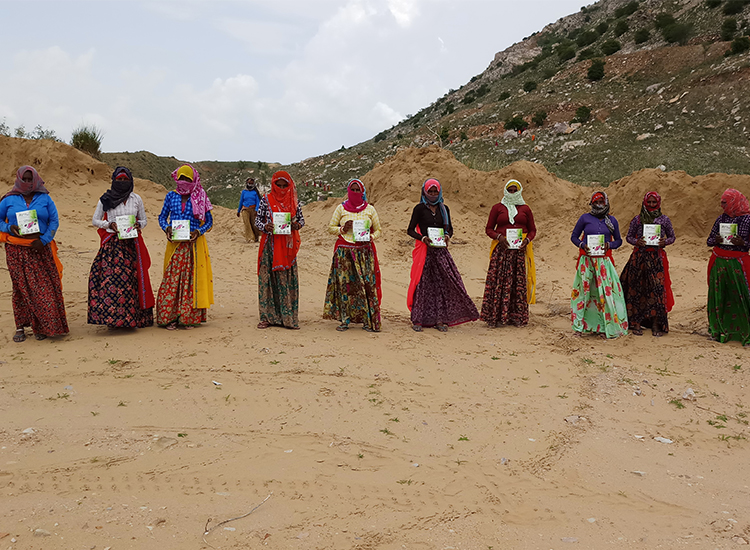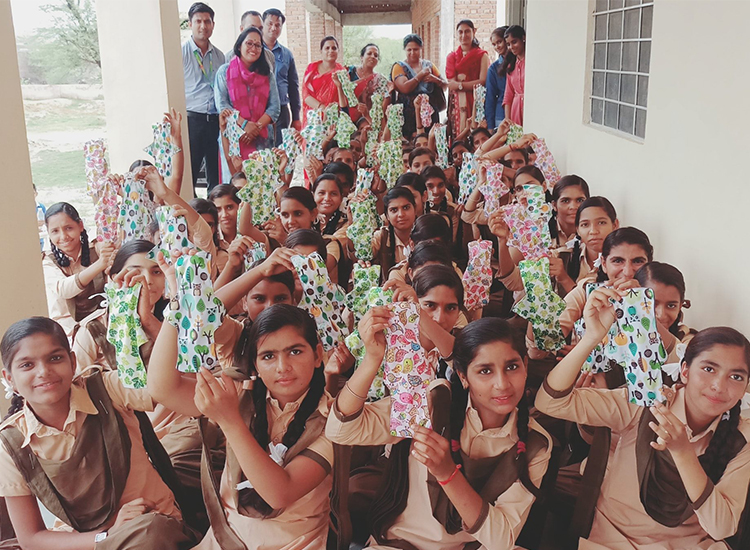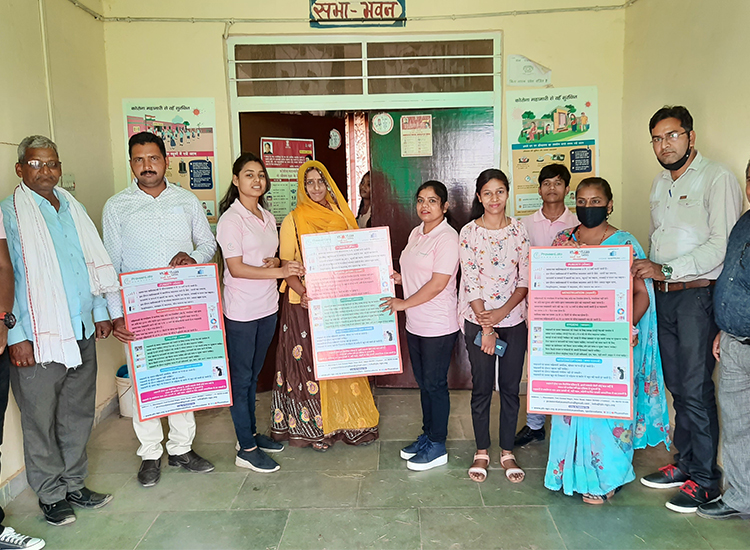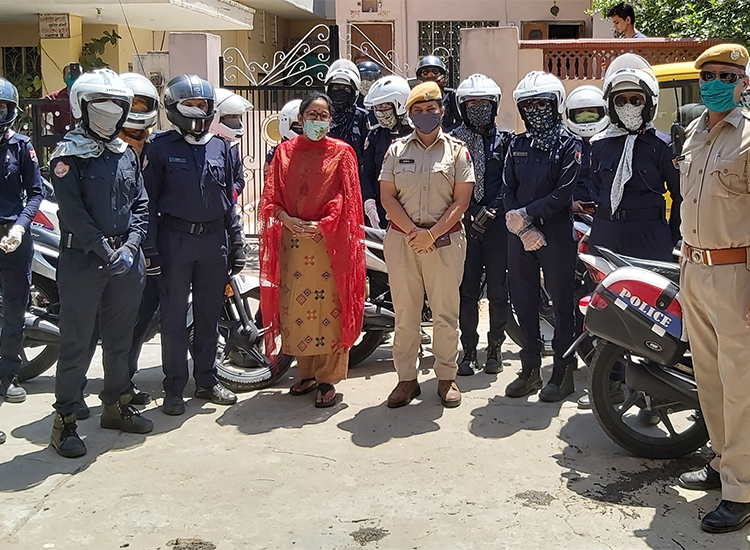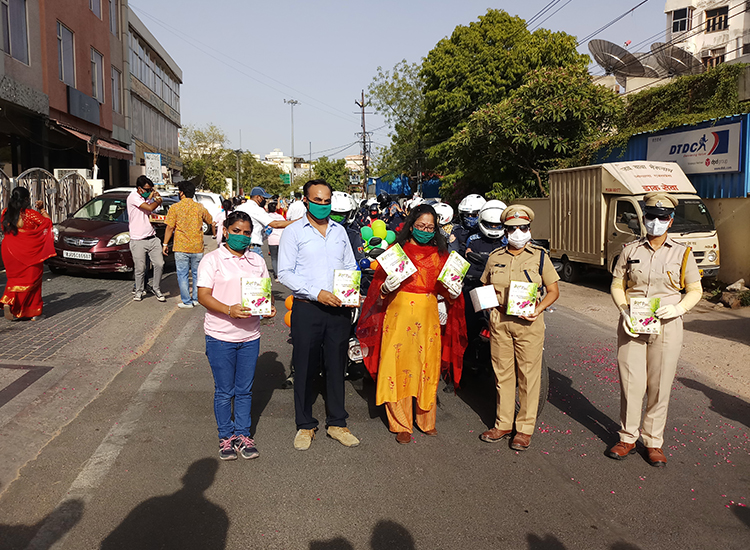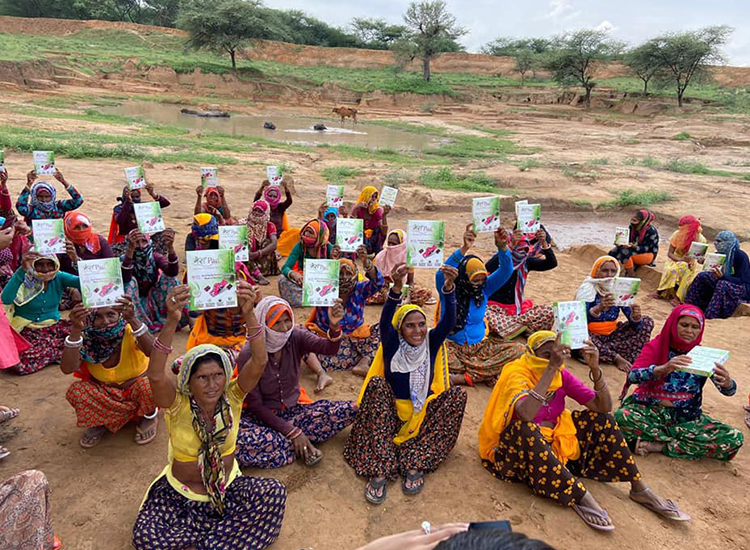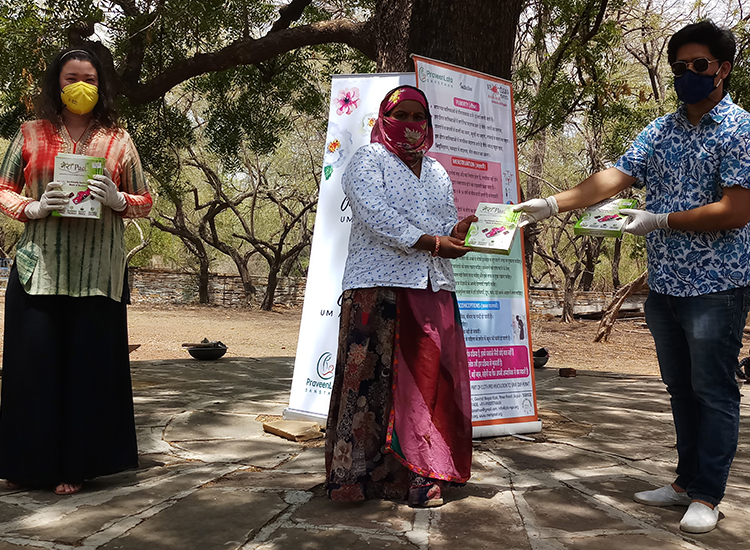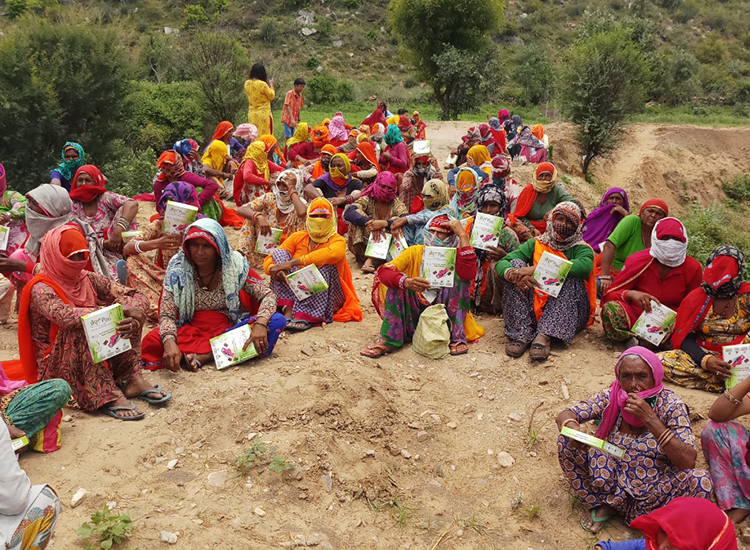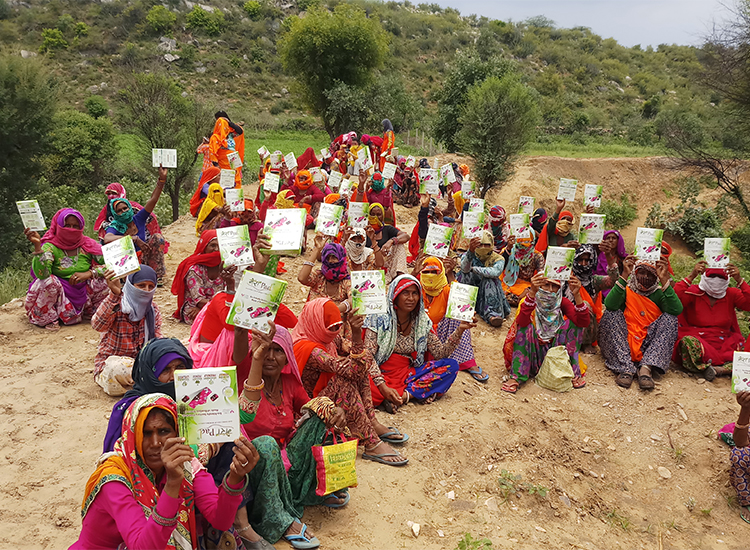Spotless Dame: Menstruation Awareness and Capacity Building
Spotless Dame is an innovative initiative aimed at creating awareness around menstruation hygiene management, educating girls and women on safe practices during periods, and breaking the silence and stigma associated with menstruation. The project will also focus on providing an environmentally friendly and cost-effective solution by introducing MeraPad, a reusable cloth pad made of Bamboo Charcoal. Through education, employment, empowerment, and environmental sustainability, Spotless Dame aims to transform the lives of women and girls, promoting their health, well-being, and dignity.





